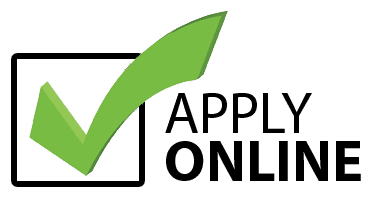The U.S. Small Business Administration has various loan programs that provide business financing for small businesses. It particularly caters to new and existing small businesses that are unable to secure business loans from lending institutions on their own.
The SBA does not directly provide financing. It works with other lending companies and guarantees that the SBA will pay the loan if the business defaults on it. This makes the lending company more confident in offering business loans. Here is some information on these loans.
How to Get a Business Loan
The SBA has a standard set of criteria for loan applicants:
1. The business should be small with at most $7 million in tangible net worth and a net income of $2.5 million or less. Size limits vary according to industry and are determined by the number of employees and annual income.
2. The business must be operated for profit. It should be capable to generate cash flow to repay the loan.
3. The business should be in the United States.
4. The borrower has at least 10% equity invested in the business. To guarantee the loan, the borrower needs to show proof of a sound personal credit rating.
5. The loans must be used for specific business purposes – purchase of property for the business; construction and leasehold improvements; acquisition of assets, inventory and equipment; and working capital.
6. For business acquisitions, the borrower should put up equity of at least 10%. For start-ups, it is at least 25% equity. Sellers can also offer to “carry back” up to 50% of Borrower’s down payment.
7. Collateral, whether real estate or personal property, is required.
Interest Rates
The SBA has imposed rate ceilings for its guaranteed loans.
1. Fixed Rates – This should not exceed the prime rate + 2.25% for loans that mature in less than 7 years. For those that mature in 7 years or more, it is prime rate + 2.75%. Loans less than $50,000 have slightly higher rates.
2. Variable Rates – A negotiated amount of the spread is added to the base interest rate, which is either the optional rate pegged by SBA or the lowest prime rate.
Loan Maturity
The term of the loan varies according to ability to repay, the purpose of the loan, and the useful life of the assets purchased from loan proceeds. Working capital loans usually has 7-year terms while asset acquisition loans can have a maximum of a 25-year term.
The Loan Application
You should be able to articulate to the SBA that your business can be successful if the loan application is approved. Ask us how BIZ can help!
1. Prepare your personal and business financial documents; a business plan; summary of collateral and revenue projection. Ask us how BIZ can help!
2. Include in your Loan Request Statement important aspects of the business. Ask us how BIZ can help!
3. Download and print the application form from the SBA website. Furnish needed personal and business information. Ask us how BIZ can help!
4. Submit all of the above to the lender. Ask us how BIZ can help!
If you have difficulty securing financing from traditional lending institutions, try the SBA program. This could be the answer to your plans to buy or expand your business.
Interested in applying for an SBA Loan? Simply apply online now ~ which takes less than a minute!
REPRINTED FROM GlobalBX


